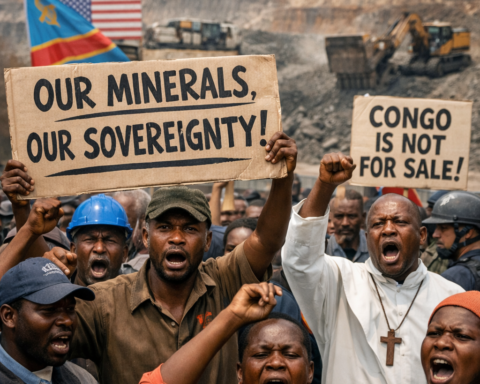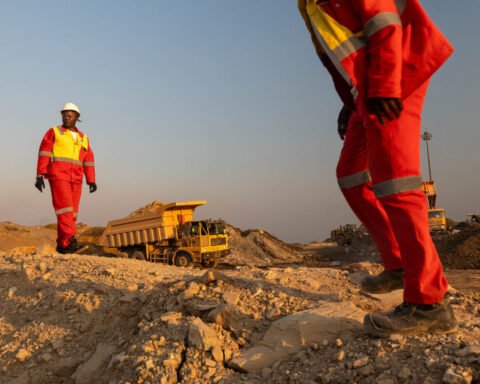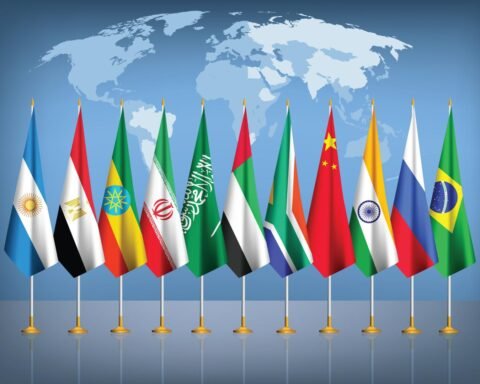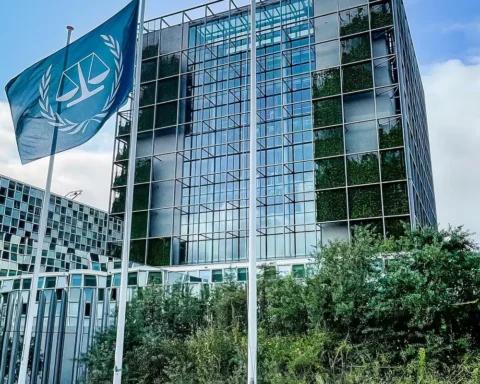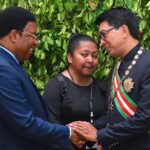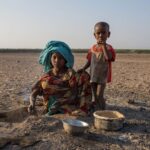the Government of Rwanda has formally endorsed a peace agreement aimed at resolving longstanding tensions with the Democratic Republic of the Congo (DRC).
The decision came during a Cabinet meeting held on July 17, 2025, where ministers unanimously approved the accord, originally signed on June 26, 2025, in Washington, D.C.. The deal, brokered with the support of the United States government, is designed to end years of border conflict, proxy wars, and accusations of foreign interference in eastern Congo.
Relations between the two nations have been tense for decades, often fueled by ethnic divisions, armed militia activity, and competition over natural resources, particularly in the mineral-rich Kivu region. Rwanda has been repeatedly accused of supporting the M23 rebel group, while it blames the DRC for harboring armed groups like the FDLR, which consists of remnants of those responsible for the 1994 Rwandan Genocide.
Also Read; Trump Expands Global Tariffs, Over 150 Nations Affected
The Washington Agreement lays out a framework for de-escalation, cooperation, and reconstruction. Among the core commitments are:
- Bilateral Troop Withdrawal: Rwanda has agreed to begin withdrawing any forces suspected of operating inside Congolese territory within 90 days.
- Joint Security Committee: Both sides will form a committee to monitor border stability and combat terrorism and illicit armed groups.
- Repatriation Programs: Coordinated efforts will be made to facilitate the voluntary return of refugees and internally displaced persons (IDPs) to their communities.
- Cross-Border Trade Enhancement: The two countries will open new border posts to boost regional trade under the African Continental Free Trade Area (AfCFTA) framework.
- Infrastructure Projects: Rwanda and the DRC will jointly invest in repairing damaged infrastructure, including roads and health centers, particularly in conflict-hit provinces.
This development holds wider significance given the region’s vast deposits of critical minerals, including coltan, tin, and cobalt—minerals essential for the production of electric vehicles, smartphones, and clean energy technologies.
The United States and other global powers have an economic interest in seeing peace restored, as stability is crucial for ensuring ethical and consistent access to these resources.
Despite the optimism, some international observers remain cautious. The agreement’s lack of direct provisions for transitional justice or victim compensation may slow reconciliation. There are also questions about how rebel groups—particularly the M23, which continues to hold territory in eastern Congo—will be engaged in the peace-building process.
Additionally, civil society groups in both nations have called for increased transparency and citizen participation in the implementation of the agreement.
The deal is now set to be debated in Rwanda’s Parliament for full ratification. In parallel, diplomatic delegations from both countries are expected to meet again in Doha, Qatar later this year for further discussions, particularly around disarmament and reintegration of combatants.
This landmark development could mark the beginning of a new chapter—not just for Rwanda and the DRC—but for the entire Great Lakes region of Africa, which has been scarred by decades of instability.


